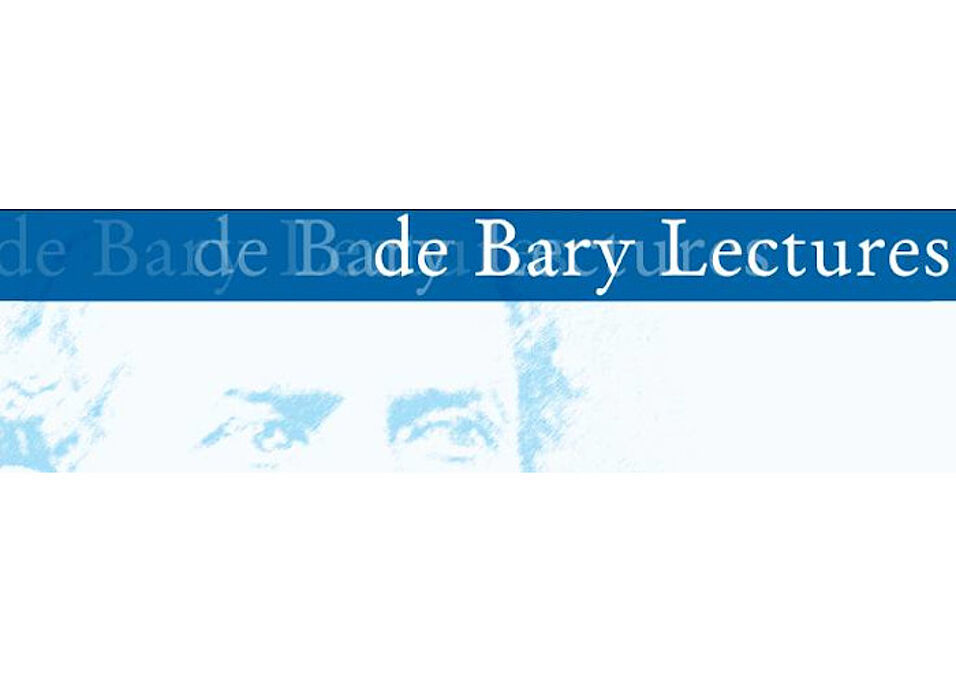Dr. Allison Hansen, Department of Entomology, University of Illinois, Urbana - Champaign, will give a guest lecture:
"Illuminating the dark matter of a mutualistic symbiosis"
Mo, 22 May 2017, 11 a.m., Lecture Hall II, UZA 1 Announcement
Nutritional endosymbionts are widespread in insects that feed on nutrient deficient diets, and are argued to be responsible for driving insect species diversification. How these highly integrated insect-microbe metabolisms regulate the biosynthesis of nutrients for their insect hosts, and respond to dynamic nutrient environments is currently unclear. The pea aphid (Acyrthosiphon pisum) is a polyphagous insect that can feed on a broad diversity of host plants within the family Fabaceae, and is involved in an obligate nutritional endosymbiosis with Buchnera aphidicola. Buchnera enables A. pisum to use nutrient deficient plant sap as food by providing essential amino acids and vitamins to the host. Such inter-domain crosstalk requires complex coordination of aphid gene regulation. It is unknown if variation in host plant diet results in differential regulation of this integrated insect-microbe metabolism. One mechanism involved in insect gene regulation is DNA methylation, which is associated with the expression of adaptive traits within insects belonging to the insect Orders Hemiptera and Hymenoptera. Here, using RNA-Seq and whole genome bisulfite sequencing we investigate if key aphid genes involved in the regulation of the aphid-Buchnera symbiosis are differentially expressed and methylated between a specialized and a universal host plant diet that vary in amino acid profiles. Our results reveal that when aphids feed on their specialized host plant they significantly up-regulate and differentially methylate key aphid genes related to the amino acid metabolism within specialized cells that harbor Buchnera (bacteriocytes). We hypothesize that this regulatory response of key symbiosis genes in bacteriocytes allows aphids to specialize on a suboptimal host plant diet.

